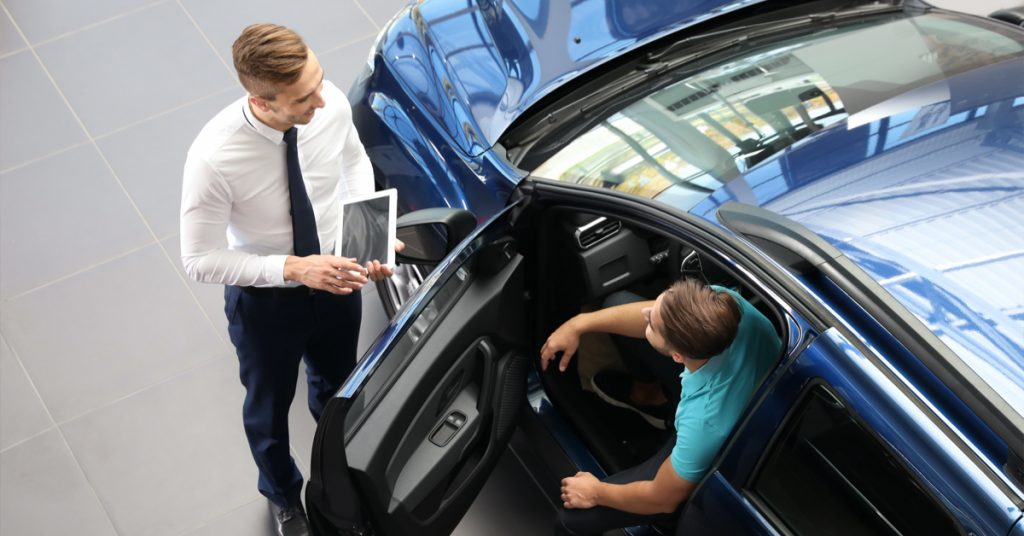
In a world full of change, auto auctions are showing themselves to be adaptable and forward-thinking institutions. Auto Auctions: Influencing the Future takes you on a journey through time by exploring the history of auto auctions in America. We’ll explore how these massive events have evolved alongside trends in technology, culture, and legislation, while also looking into their influence on the future of automotive trends. You’ll explore some of the most important factors at play in shaping today’s auction landscape.
A Brief Historical Overview: From Local Markets to Global Stages
The Auto auction history has a long way to go. When the first automotive auction was held in Paris in 1804, it was open only to dealers who were interested in buying and selling vehicles. The process involved potential buyers submitting bids for the cars they wanted to buy, and the highest bidder would receive each lot at the agreed price.
Today’s car auctions are much different from those early days; they involve thousands of people bidding on cars from all over the world through online platforms such as eBay Motors, AutoTrader, and even Amazon Marketplace (which recently announced plans for its automotive marketplace). There are various types of auctions: traditional live events; online bidding sites like eBay Motors; dealer-only salerooms where buyers can purchase vehicles directly from dealerships at set prices determined by those same organizations’ controlled inventory management systems (CIMS).
Shifting Preferences: The Rise of Classic Car Enthusiasts
As the classic car market continues to expand, it’s important to understand who these enthusiasts are and what makes them tick.
Classic car enthusiasts are more likely than other car buyers to be younger than 40 years old but also have an older crowd that enjoys cars from the ’50s, ’60s, and ’70s. The majority of classic car enthusiasts are male (about 70%), but female interest is growing every year. Finally, while many young people may be single as they enter their 30s or 40s and therefore more likely than married couples with children at home who can’t afford luxury items like this one it turns out that almost half of all new classic cars sold annually go directly into garages owned by married couples without kids!
Embracing Innovation: High-Tech Vehicles in the Auction Spotlight
If you follow automotive trends, you know that high-tech vehicles are more valuable than ever. Automakers are investing in new technologies, and auction houses are supporting this trend by offering a variety of vehicles with state-of-the-art features. High-tech cars are also ideal for auctions: they sell quickly, which means you take less risk and can find out everything about the car thanks to the GMC VIN decoder on the auction site.
So if you want to get your hands on a high-tech vehicle for yourself or invest in one as an
investment auctions can be an excellent place to start.
Influencing the Future: Auto Auctions as Trendsetters
Auto auctions are a reflection of consumer preferences, and they have an important role to play in shaping future trends. Auto auctions bridge the gap between automakers and consumers, allowing both parties to understand each other better and exchange information easily. They also provide an avenue for automakers to market innovation and technology a way for them to connect with buyers directly without having to rely on traditional advertising channels such as print ads or television commercials.
Conclusion
Auto auctions are a fascinating reflection of the automotive industry and its consumers. As we’ve seen, the rise of classic car enthusiasts has had a huge impact on auto auctions, as well as on the types of vehicles that are being sold there. On top of this, innovations like self-driving cars will continue to shape how people think about buying or selling cars through this method in the future. As an example of how these trends can shape our lives, consider how much easier it will be when we don’t have to drive ourselves around anymore!
